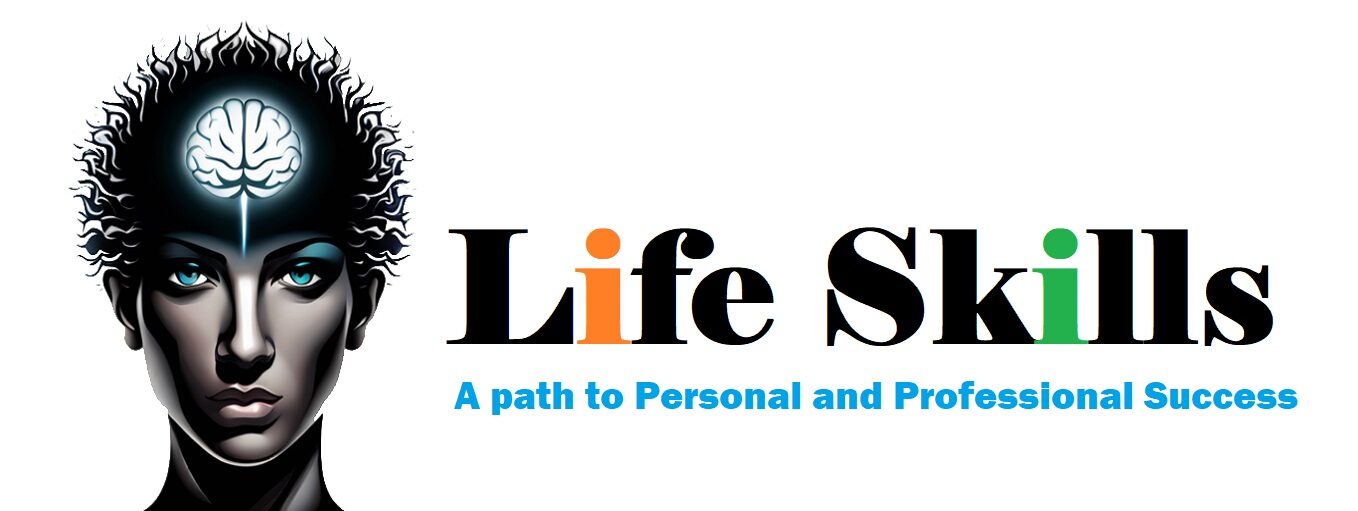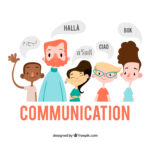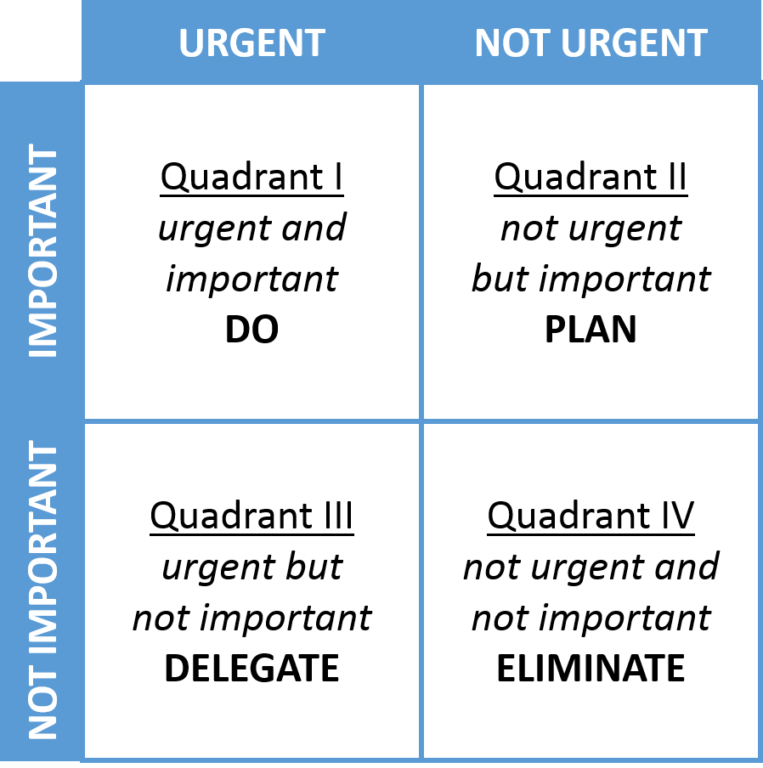In the realm of life skills, few are as indispensable as the art of written communication. As a freelance trainer deeply passionate about empowering individuals and organizations, I have witnessed firsthand the transformative power of effective expression. Words, carefully crafted and thoughtfully delivered, have the ability to shape narratives, foster connections, and drive profound change.
Table of Contents
The Impact of Written Communication: A Potent Tool for Transformation
In today’s fast-paced world, where digital interactions dominate, mastering the nuances of written communication is non-negotiable. Whether it’s drafting a persuasive email, composing a compelling proposal, or even expressing your thoughts eloquently on social media, the ability to convey messages clearly and convincingly holds unparalleled significance.

Key Skills for Mastering Written Communication
Clarity and Precision: Crafting Messages that Leave No Room for Misinterpretation
Mastering written communication starts with the ability to convey ideas clearly and precisely. Messages should be crafted with utmost clarity, leaving no room for confusion or misinterpretation. This involves organizing thoughts logically, using straightforward language, and structuring sentences and paragraphs in a coherent manner. Ambiguity can lead to misunderstandings, so a key skill is to express complex ideas in a simple, understandable way, ensuring that readers grasp the intended message effortlessly.
Empathy in Communication: Understanding the Audience’s Perspective for Impactful Dialogue
Empathy plays a pivotal role in effective written communication. Understanding the perspective of your audience allows you to tailor your message in a way that resonates with them. It involves putting yourself in their shoes, considering their emotions, concerns, and expectations. Empathetic communication acknowledges the reader’s feelings and addresses their needs. By recognizing and respecting the reader’s viewpoint, your message becomes relatable and fosters a stronger connection, leading to more impactful and meaningful dialogue.
Grammar and Syntax: Building a Strong Foundation for Effective Communication
A solid grasp of grammar and syntax is the backbone of effective written communication. Proper grammar ensures that sentences are structured correctly, enhancing the clarity and readability of your message. It involves understanding the rules governing sentence construction, punctuation, and word usage. Mastery over grammar not only prevents misunderstandings but also lends credibility to your writing. Syntax, or sentence structure, influences the flow of ideas. By using varied sentence structures, you can create rhythm and emphasis, making your writing engaging and dynamic.
Embracing Technology: Leveraging Digital Tools for Seamless Communication Experiences
In the digital age, embracing technology is essential for seamless communication experiences. Digital tools can enhance your written communication in various ways. Spell checkers and grammar correction tools help in eliminating errors, ensuring your message is polished and professional. Collaboration platforms enable real-time editing and feedback, facilitating efficient teamwork. Social media and online platforms provide avenues for reaching wider audiences. Embracing technology also means understanding the nuances of digital communication, such as email etiquette and online professionalism, ensuring that your written communication aligns with the digital context.

The Power of Words in Personal and Professional Growth
Words, when harnessed effectively, can open doors to numerous opportunities. They can inspire teams, engage clients, and foster collaborations. Moreover, honing your written communication skills can boost your confidence, enhance your problem-solving abilities, and make you a more effective leader.
Leveraging Written Communication for Organizational Excellence
Enhancing Team Collaboration: Effective Communication as the Cornerstone of Successful Teamwork
Effective team collaboration is not just about individuals working together; it’s about how they communicate and connect. Clear, open, and respectful communication is the very foundation upon which successful teamwork is built. It involves active listening, sharing ideas openly, and ensuring that everyone is on the same page. When team members communicate effectively, they can align their goals, distribute tasks efficiently, and foster an environment of trust and cooperation.
Team collaboration thrives on transparent communication channels. Regular team meetings, brainstorming sessions, and project updates ensure that everyone is aware of the progress and challenges faced by the team. Moreover, effective communication encourages the sharing of diverse perspectives, which can lead to innovative solutions and creative problem-solving.
Client Relationships: Building Trust and Rapport Through Clear, Respectful, and Timely Communication
Client relationships are the lifeblood of any business, and clear communication is the key to building and maintaining trust with clients. Clients need to feel valued and understood, and this begins with active listening and empathetic communication. By genuinely understanding the client’s needs, concerns, and expectations, businesses can tailor their services to meet those requirements effectively.
Respectful communication involves addressing client queries and issues promptly and professionally. Timely responses to emails and calls, coupled with clear and concise explanations, not only solve problems efficiently but also demonstrate the organization’s commitment to customer satisfaction. Building rapport is an ongoing process; regular updates, personalized interactions, and going the extra mile can strengthen the bond between a business and its clients.
Conflict Resolution: Navigating Challenges with Diplomacy and Tact Through Written Correspondence
Conflicts are inevitable in any team or workplace. However, how these conflicts are resolved can make a significant difference in the work environment. Written correspondence, such as emails or official letters, can be powerful tools for resolving conflicts when approached with diplomacy and tact.
During conflict resolution, it’s crucial to remain calm and composed. Address the issue directly, focusing on specific problems rather than personal attacks. Clearly state the concerns, listen to the other party’s perspective, and find common ground. In written communication, the tone of the message matters greatly. It should be respectful, objective, and solution-oriented. Avoiding blame and focusing on finding mutually beneficial solutions can transform a conflict into an opportunity for growth and understanding.
Leadership Communication: Influencing and Inspiring Others Through Articulate Expression
Leadership communication goes beyond just conveying information; it’s about inspiring, motivating, and influencing others. Leaders who communicate effectively can foster a sense of purpose and direction among their team members. Articulate expression involves not only choosing the right words but also understanding the emotions and perspectives of the audience.
Leaders can inspire others by sharing a compelling vision, setting clear goals, and providing constructive feedback. An effective leader communicates confidence, empathy, and integrity. They are approachable, open to feedback, and encourage a culture of open communication within the organization. Through their articulate expression, leaders can instill confidence in their team, boost morale, and drive the entire organization toward shared objectives.
Embracing the Journey of Lifelong Learning
In our rapidly evolving world, where communication landscapes continue to shift, the journey of mastering written communication is continuous. It’s about adapting to new mediums, understanding diverse perspectives, and constantly refining your approach. As a trainer dedicated to fostering growth, I invite you to embark on this journey with curiosity and determination.
Unlock Your Full Potential: Start Today!
Empower yourself with the life-changing skill of written communication. Practice, seek feedback, and never cease to refine your abilities. Remember, every word you write has the potential to make a difference, be it in your personal relationships or your professional endeavors.
Suggested Website Article References:
- Reference Article By Studysmarter on Written Communication
Conclusion: Your Words, Your Power
In conclusion, mastering written communication is not just a skill; it’s a superpower. It’s the key that unlocks doors, bridges gaps, and fosters meaningful connections. As you embark on this journey, remember that every word you write has the potential to create a lasting impact. Embrace the power of written communication and let your words pave the way to your success.
Continue your journey of learning and empowerment. Explore more insightful articles on our website’s blog section. For hands-on training and personalized guidance, reach out to me directly. Your transformative journey begins with the first word you write. Seize the pen and script your success story today!
Frequently Asked Questions (FAQs)
1. What is the importance of mastering written communication skills in today’s digital age?
Mastering written communication skills is crucial in the digital age as it enables clear, effective, and impactful communication in various contexts, including professional settings, personal relationships, and online interactions. It ensures that messages are understood, reduces misunderstandings, and fosters meaningful connections.
2. How can clarity and precision in written communication benefit my professional life?
Clarity and precision in written communication enhance professionalism by ensuring that your ideas are conveyed clearly and succinctly. This skill minimizes confusion, boosts your credibility, and strengthens your ability to persuade and influence others, making a positive impact on your career.
3. How does empathy in communication contribute to successful written interactions?
Empathy in communication allows you to understand the perspective and emotions of your audience. By crafting messages that resonate with their feelings and concerns, you can create a stronger connection. Empathetic communication fosters trust, enhances relationships, and encourages open dialogue, leading to more effective written interactions.
4. Why is a strong foundation in grammar and syntax essential for effective written communication?
A strong grasp of grammar and syntax ensures that your writing is clear, coherent, and grammatically correct. Proper sentence structure and punctuation enhance readability and understanding. Proficient grammar skills project professionalism and attention to detail, making your written communication more impactful and persuasive.
5. How can embracing technology improve my written communication skills?
Embracing technology offers various tools and platforms that aid in improving written communication. Spell checkers, grammar correction tools, and digital collaboration platforms enhance the accuracy and efficiency of your communication. Additionally, understanding digital communication etiquette enables you to navigate online interactions professionally and effectively.
6. Can mastering written communication skills help in resolving conflicts?
Yes, mastering written communication skills, especially diplomacy and tact, can be invaluable in conflict resolution. Clear, respectful, and empathetic communication can help address conflicts objectively, find common ground, and reach mutually beneficial solutions. Written correspondence allows for thoughtful expression, enabling parties to resolve disputes with understanding and respect.
7. How can I continue to improve my written communication skills after reading this article?
Continuously improving your written communication skills involves practice, feedback, and learning from diverse sources. Engage in writing exercises, seek feedback from peers or mentors, read extensively to understand different writing styles, and stay updated with the latest trends in written communication. Consider enrolling in writing workshops or online courses for further enhancement.







